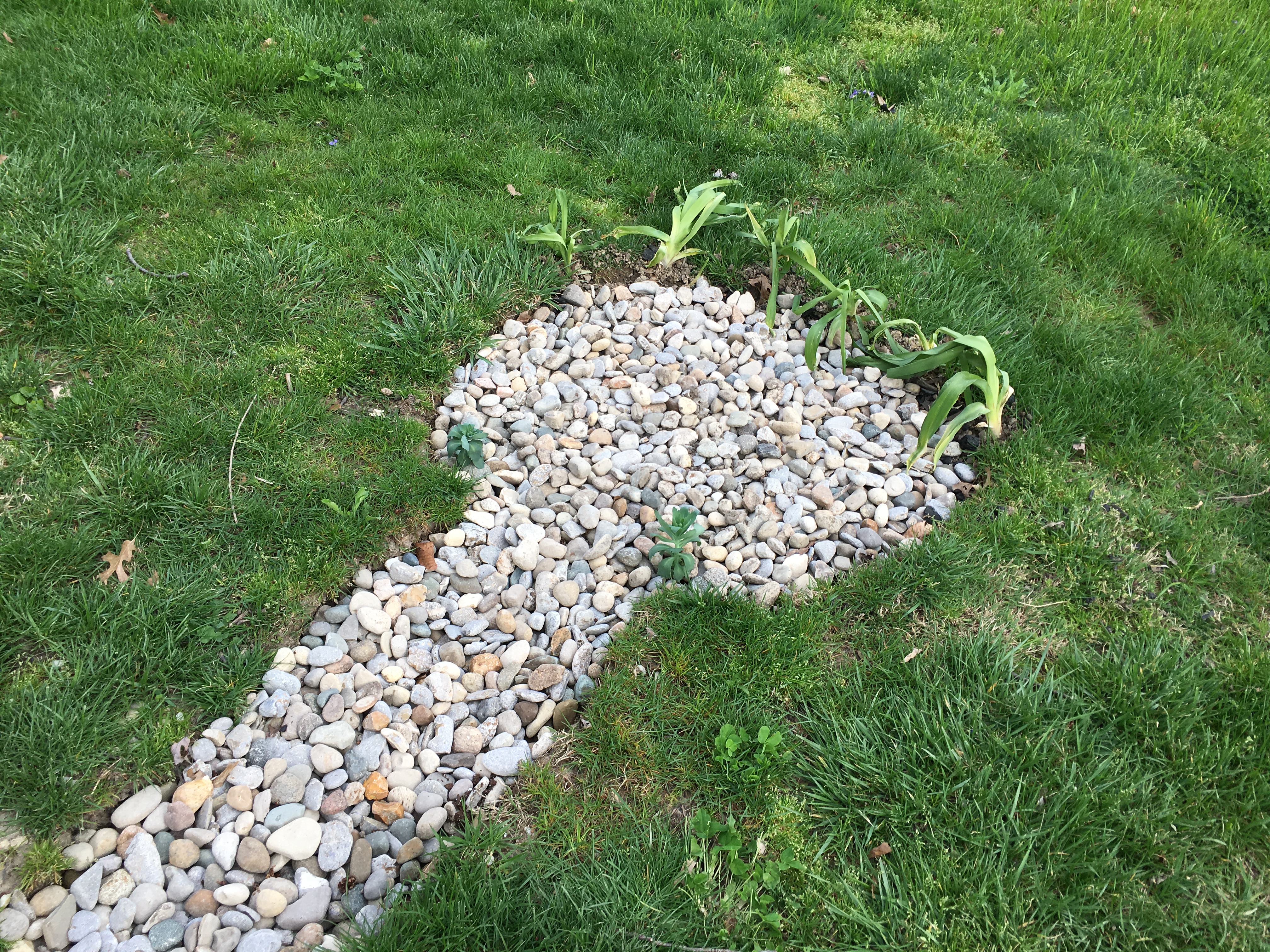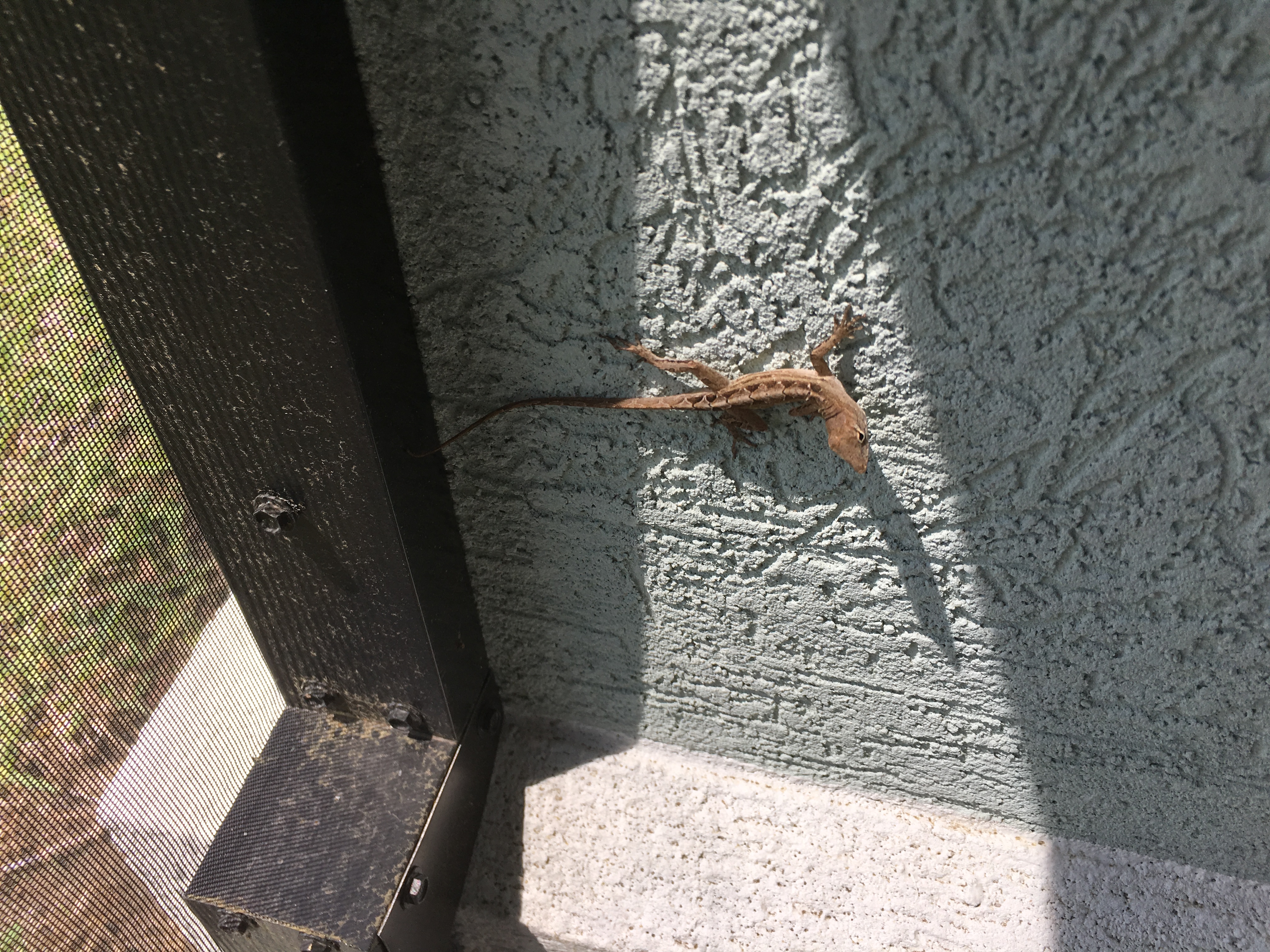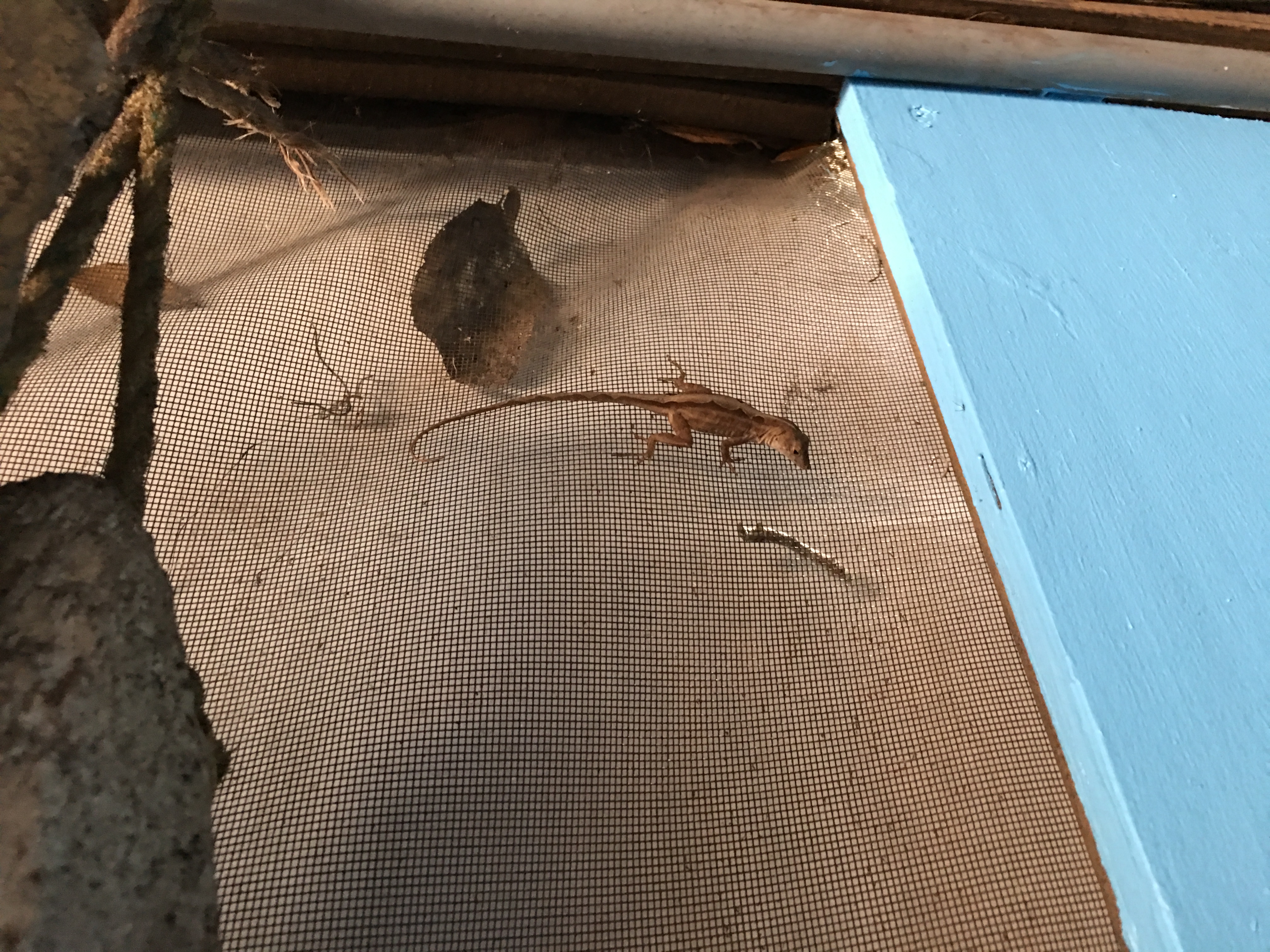Years ago, before my employer started its regular “Great Places to Work” program, it maintained a less grandiose practice of occasionally but regularly asking employees for feedback on how it could improve. At the time I figured this was pointless lip-service, but I dutifully responded with reasonable requests. One of these requests was for free coffee.
I didn’t expect them to hire a barista, serving Arabica blends. Of course, I didn’t expect them to seriously consider the request at all. But after several years, respond they did, and by popular demand installed coffee machines. And for a good solid month I enjoyed free coffee–nothing great, but a drinkable instant coffee blend. Quick and effective.

Then, someone cut costs and changed the blend. Now, I can drink some pretty awful coffee, but overnight, the coffee had turned into toxic waste. And toxic waste is probably less bitter–you know, the glowing green kind? Sadly, I returned to making my own. But the years passed and the machines remained, so someone had to of been drinking it. Upon this realization, I started more closely observing who was still getting cups of the sludge. They all fell into a certain demographic: from Sales, tall, men, middle-aged. I wondered why successful businessmen were less picky about the quality of their coffee. Then, I considered my father-in-law. He is a retired defense-contractor engineer. He also drinks Folgers.
I wondered: is coffee quality preference inversely proportionate to income level? To answer this question, I decided to waste time and put off auditing the emails I needed to send out.
To quantify this correlation, I needed figures. I felt it was safe to assume that the cost of the coffee blend increases with its quality. What I needed then, were some salary figures. To graph the slope, I only needed two points. The first point was easy: take the most expensive coffee I see regularly in grocery stores: $15 a bag; and the lowest income bracket, minimum wage: $15,080. For the second point, I needed the cost of the cheapest instant coffee available (what I presumed was being used in the machines at work). Courtesy of Amazon, I found it at $3.33 a bag. Then, consulting the various online utilities designed to inform the masses that everyone’s underpaid, I found the average salary for an experienced Sales manager to be around $115,000. Now I had two points. It was time to calculate the equation.
First, I calculated the cost per ounce of each coffee. Going off a 12-ounce bag, the expensive coffee was $1.25 and the cheap coffee was $0.28. But, to make these number more manageable for a formula, I multiplied by 100 to use cents, creating nice whole numbers to work with: 125 and 28.
With standard algebra, we can calculate the slope with (Y2-Y1)/(X2-X1):
(28-125)/(115000-15080)=~-0.000970777, or if you want to follow significant figures, -0.00097.
Following Y=MX+B, we need B to be X0 (in this case, the baseline of minimum wage) to equal the $15 coffee mark. But first we divide by 100 to bring the scale back down. After doing so, B is simply calculated to be 140. Final formula:
((Slope*Salary)+140)/100
 Sadly, I could not find an online calculator that provides coffee products by cost per ounce. Searching for one only yielded a number of self-righteous articles criticizing how much coffee costs and how stupid people are for buying Keurigs or going to coffee shops. But I did plug some numbers into the calculator, and my own coffee preference: Peet’s, ranks approximately by cost the type of coffee I should be buying. So once again, the math doesn’t lie:
Sadly, I could not find an online calculator that provides coffee products by cost per ounce. Searching for one only yielded a number of self-righteous articles criticizing how much coffee costs and how stupid people are for buying Keurigs or going to coffee shops. But I did plug some numbers into the calculator, and my own coffee preference: Peet’s, ranks approximately by cost the type of coffee I should be buying. So once again, the math doesn’t lie:
https://moorheadfamily.net/data/coffee3.xlsx
Aqua Vitae
–Simon












 But when you dance with the devil…okay that’s a little dramatic. I took seed with me, and against better judgement, planted it at the house. Come spring, the devil’s progeny will once again plague the land, yet evil always accompanies beauty.
But when you dance with the devil…okay that’s a little dramatic. I took seed with me, and against better judgement, planted it at the house. Come spring, the devil’s progeny will once again plague the land, yet evil always accompanies beauty.
 And all I was after was the sharing of knowledge and information, and to physically sit near each other. My request for a desk near the Operations team was immediately denied. Then, as the discussions began to involve higher levels of management, they died. Some of the changes were minor, like upgrading to HTML5, or implementing RSS update feeds. But ultimately, sensing stagnation and seeing opportunity elsewhere, I took a promotion and transferred to Marketing.
And all I was after was the sharing of knowledge and information, and to physically sit near each other. My request for a desk near the Operations team was immediately denied. Then, as the discussions began to involve higher levels of management, they died. Some of the changes were minor, like upgrading to HTML5, or implementing RSS update feeds. But ultimately, sensing stagnation and seeing opportunity elsewhere, I took a promotion and transferred to Marketing.